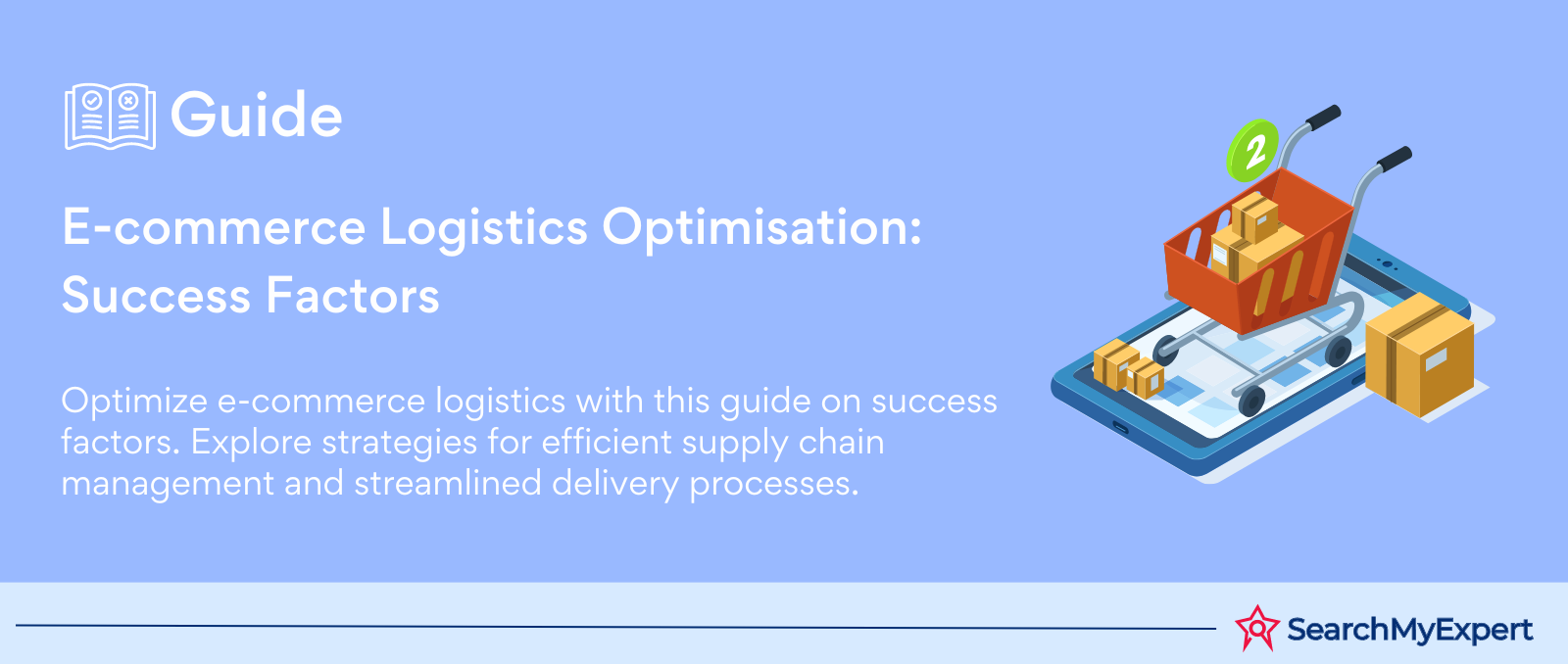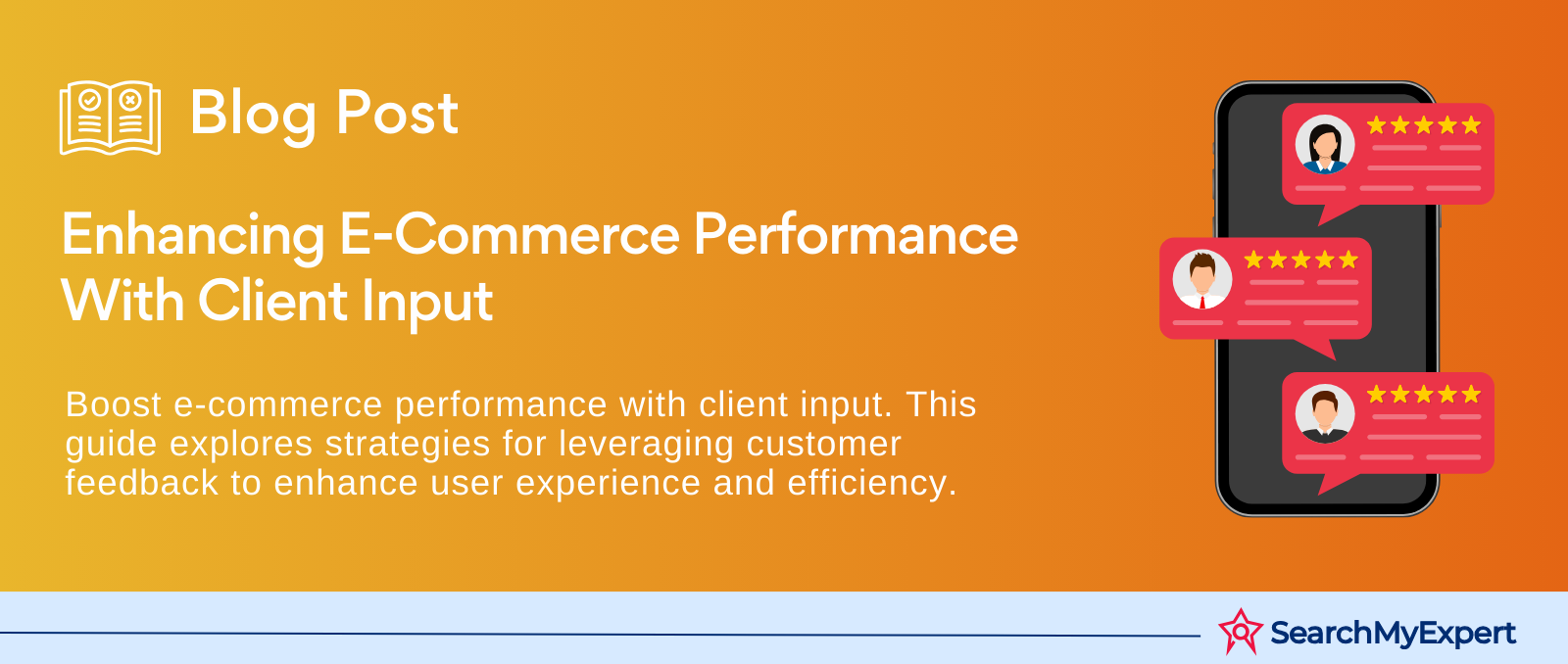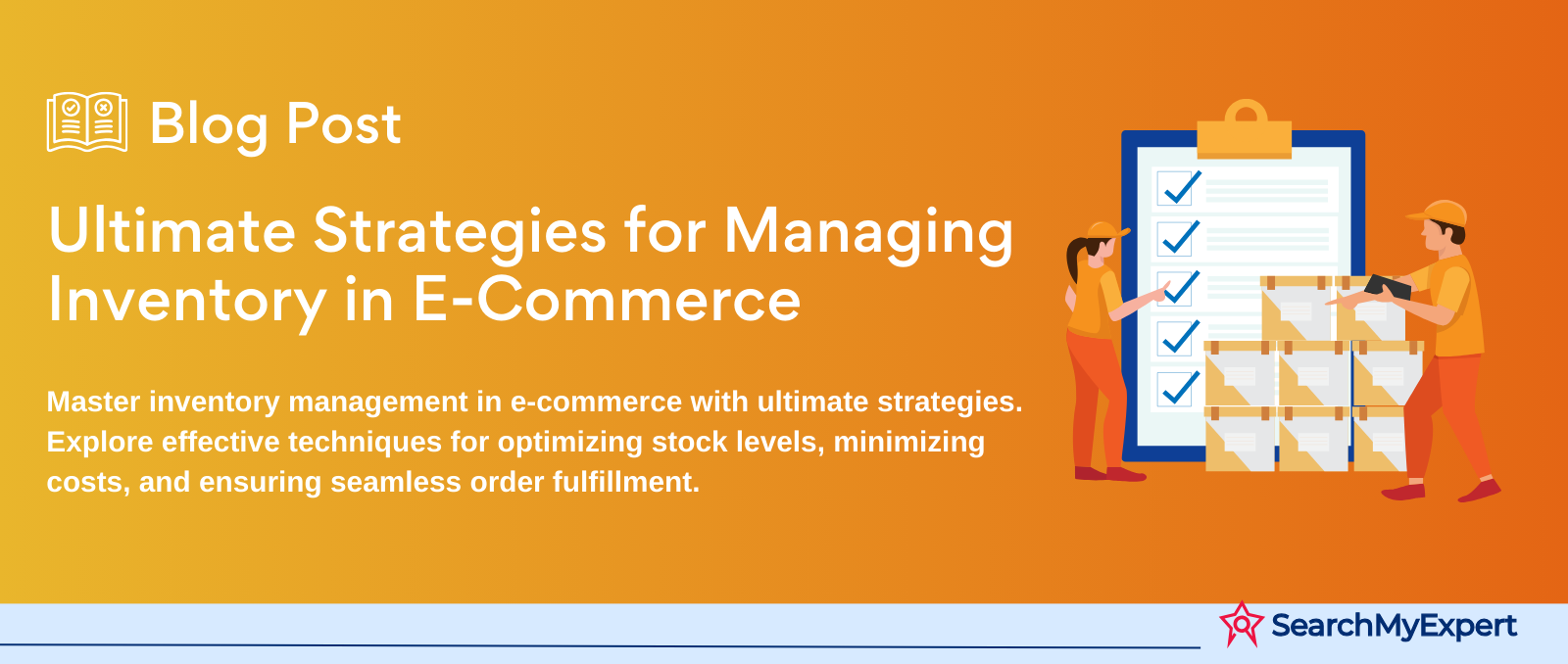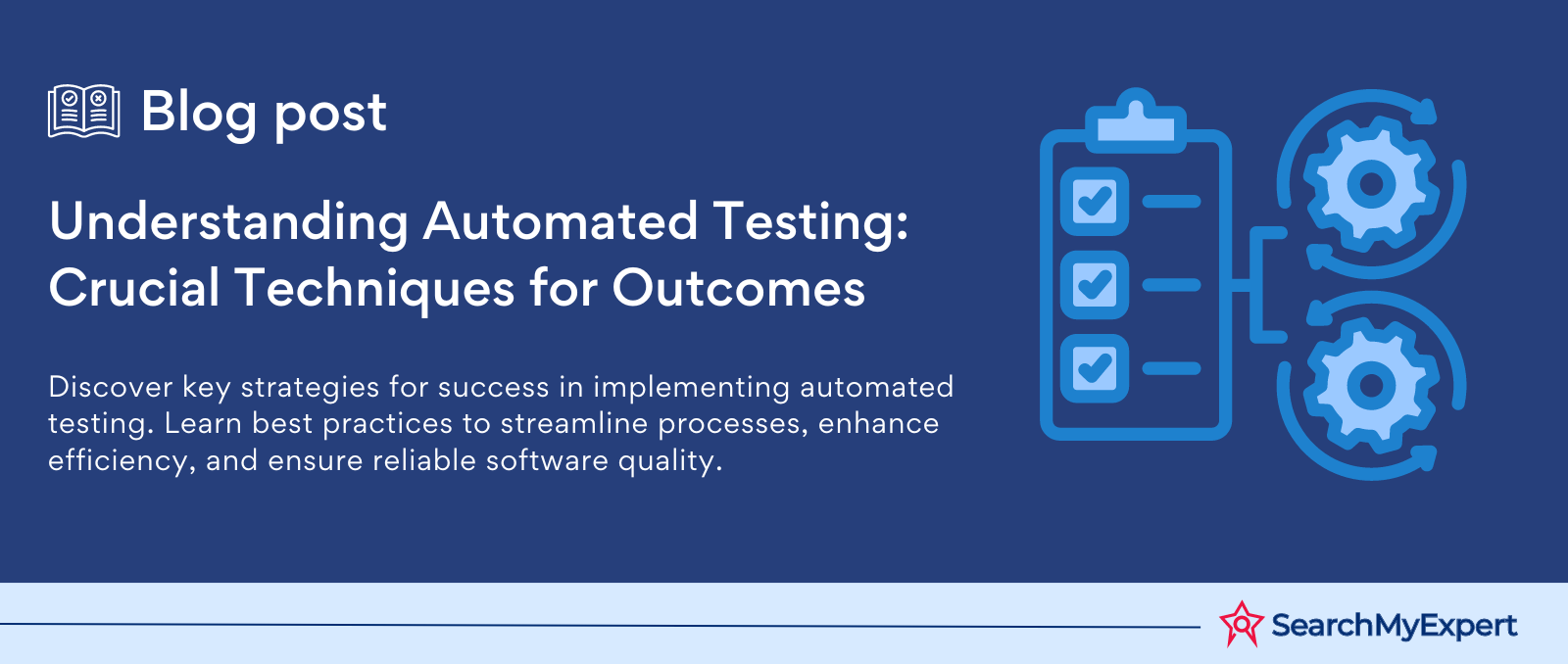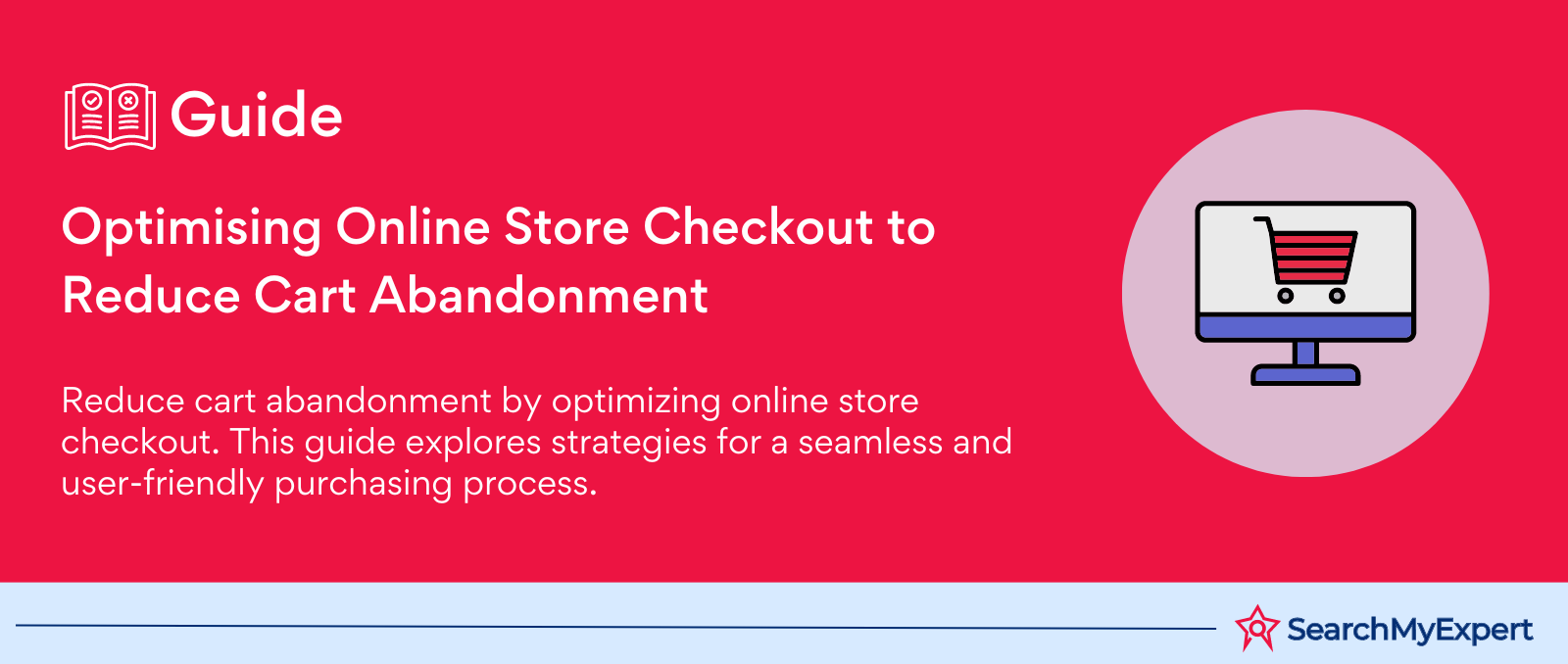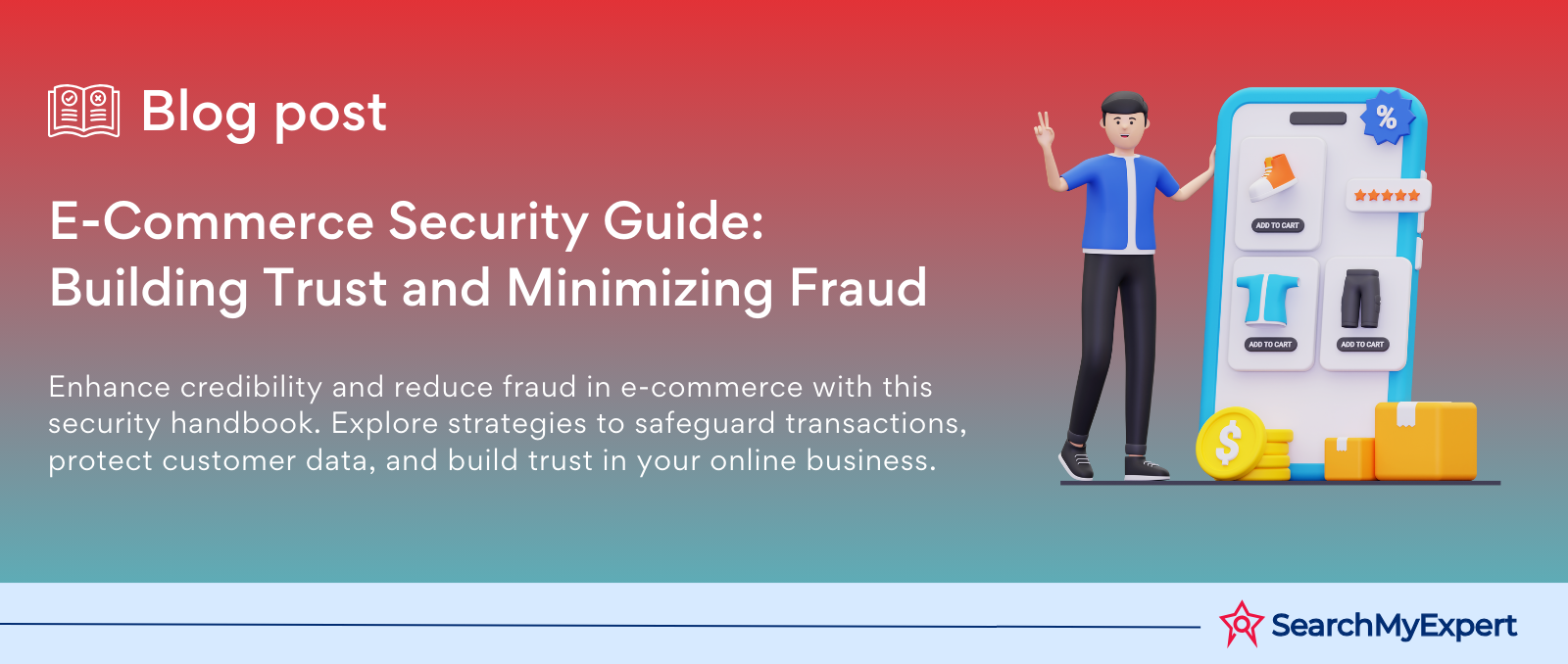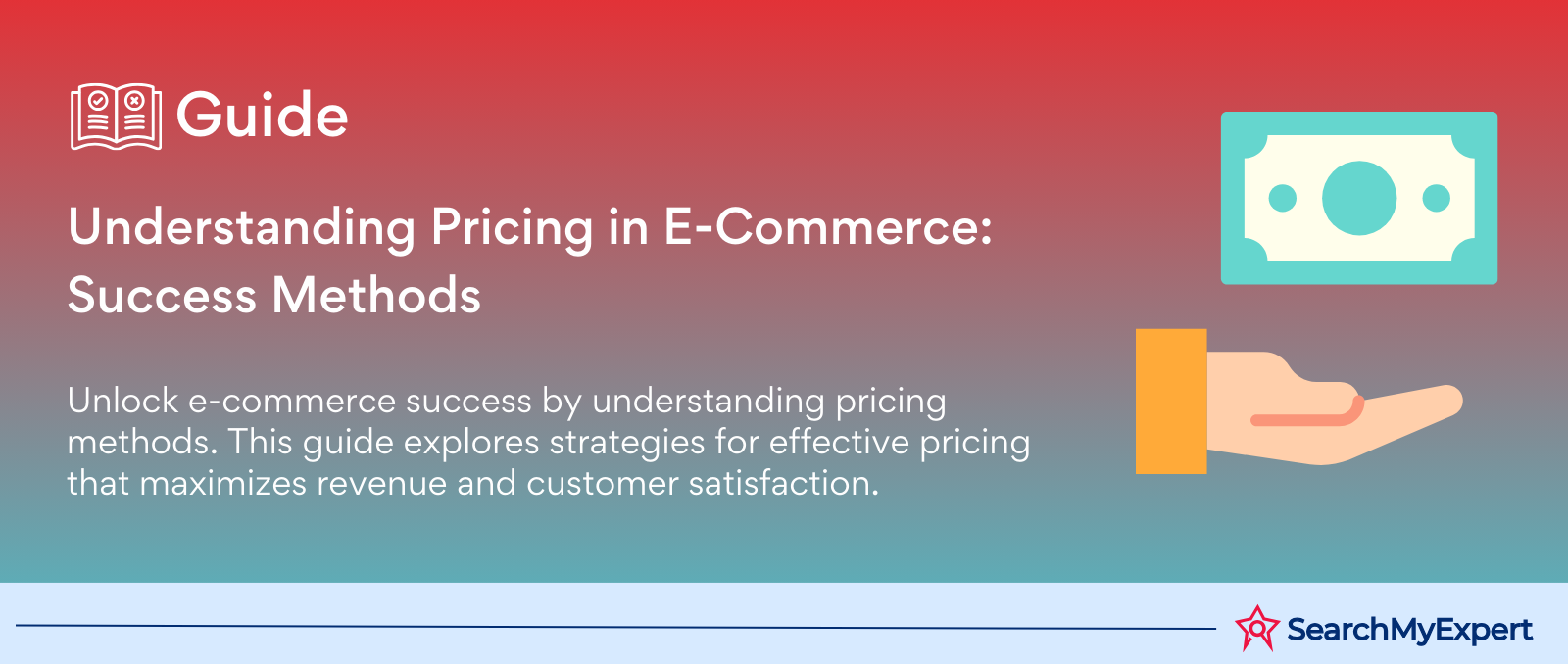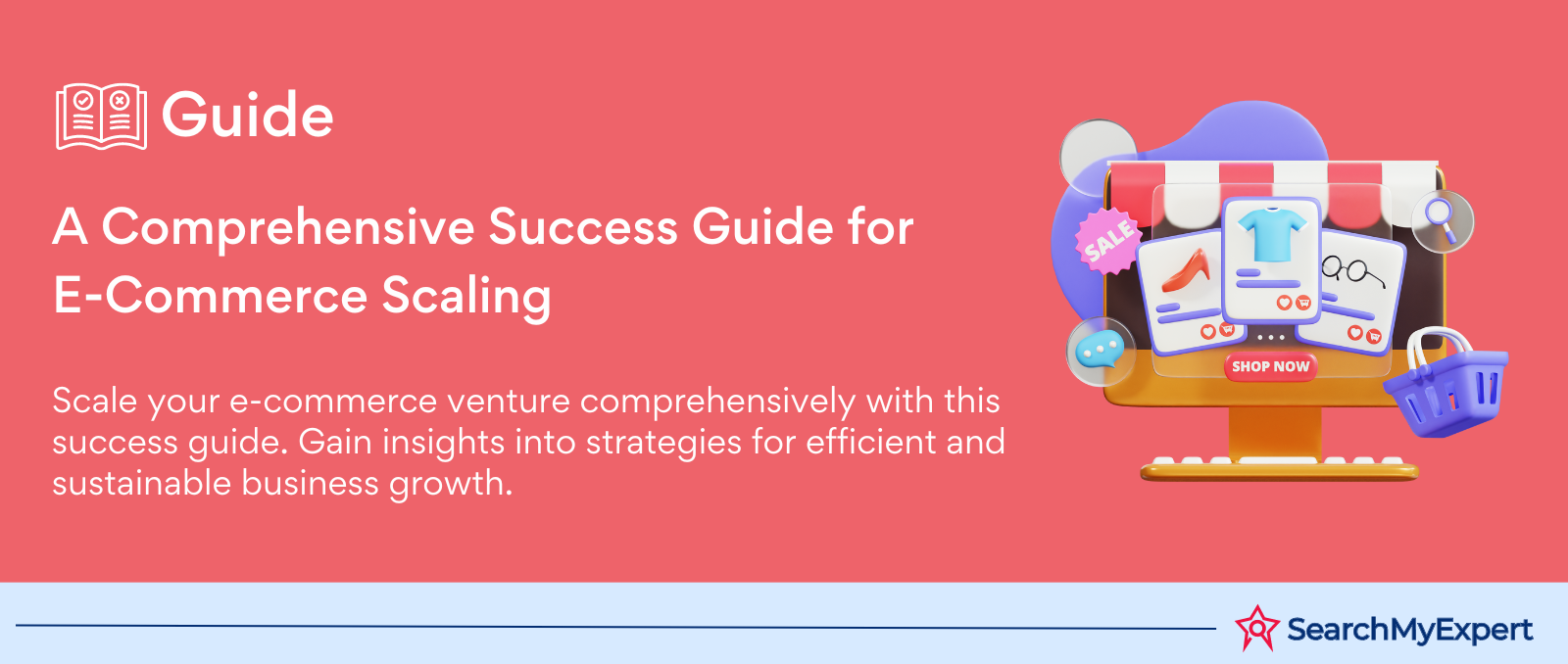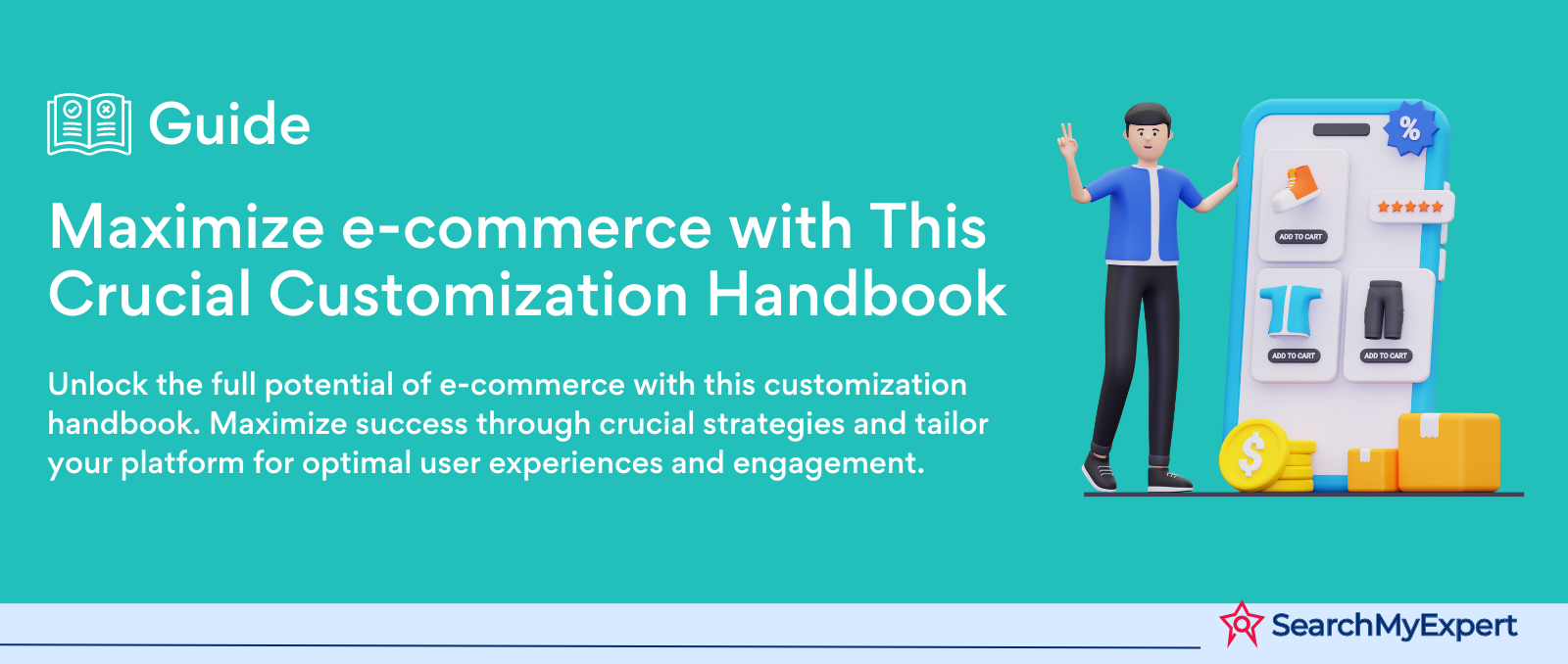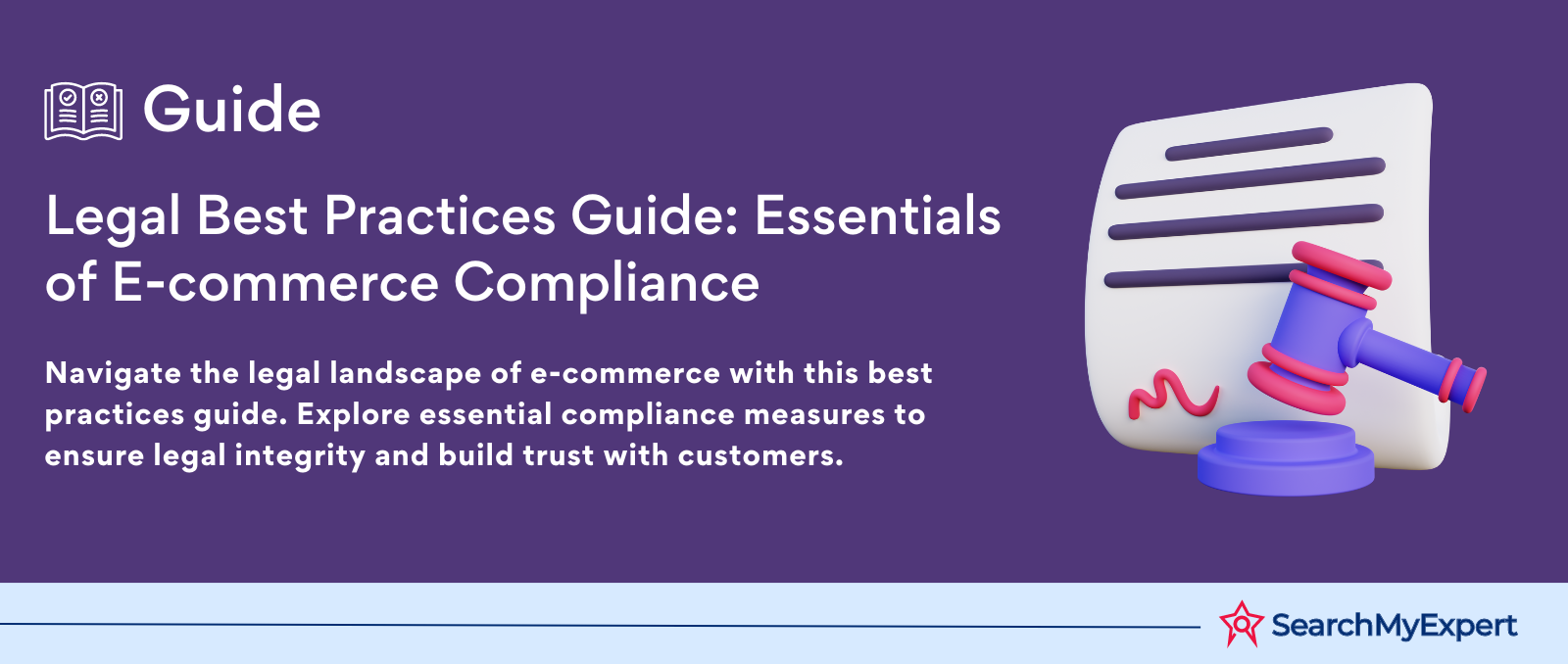Which one is the best for your project?
Takes 30s. 100% Free
Why search my expert?
5,440+
Verified Agencies
100%
Money Protection
1,000+
Satisfied Customers
Looking For Branding Agencies Services in india?
Step into the realm of impactful storytelling and identity creation with our curated list of branding agencies in india. These creative powerhouses specialize in sculpting unique brand identities that resonate deeply with audiences, setting businesses apart in crowded markets. They're not just designers; they're storytellers, strategists, and visionaries. Recognizing the transformative power of effective branding, we've compiled a comprehensive list of branding agencies, each offering a unique blend of creativity and strategic insight. This collection is your gateway to finding an agency that can turn your brand story into a compelling narrative and a visual feast.
The Power of Branding and the Role of Branding Agencies in india
Defining Branding and Its Importance
Branding refers to the process of creating a distinct identity and image for a company, product, or service in the minds of consumers. It goes beyond just naming and logo design to encompass every aspect of how a brand is perceived. Effective branding is essential for businesses today to differentiate themselves, connect with customers, and build lasting loyalty.
Defining and establishing a strong brand is a strategic imperative for businesses of all sizes and across industries. It provides several benefits:
- Increases Recognition and Awareness: A strong brand identity with visual elements like color, logo, and tagline helps consumers recognize and remember the brand easily. This leads to top-of-mind recall and awareness, which is key for sales.
- Attracts and Retains Customers: A compelling and consistent brand allows businesses to connect emotionally with consumers and foster brand loyalty. Consumers are more likely to repeatedly purchase from brands they trust and identify with.
- Commands Price Premium: Established brands that customers love and trust can charge higher prices for their products and services compared to generic offerings. A powerful brand justifies premium pricing.
- Provides Competitive Edge: Branding creates a competitive edge for businesses vying for consumers' attention and spend. It helps businesses differentiate from competition and give consumers a reason to choose their brand.
- Facilitates New Product Launch: Existing strong brands make it easier for businesses to branch out and launch new products by leveraging the brand equity. Consumers are more receptive to trying out new products from brands they already know and trust.
- Builds Business Value and Goodwill: As a strategic intangible asset, an established brand has measurable value that translates into higher profits. It also generates goodwill which has positive financial implications for the business.
Given the immense value of branding, businesses cannot afford to leave their brand to chance. This is where branding agencies come into the picture. Branding agencies are specialist companies that help businesses create, launch, manage, and revitalize brands. They provide strategic branding and marketing services encompassing market research, brand strategy, visual identity design, brand campaigns, and more.
Key services provided by branding agencies include:
- Brand Strategy Development: Conduct market research and analyze audience insights to develop a comprehensive brand strategy that aligns with business goals and resonates with target consumers.
- Brand Identity Design: Create brand identity elements like name, logo, typography, color palette that convey the brand's personality and positioning. Ensure visual identity is consistent across touchpoints.
- Brand Guidelines: Outline brand standards, specifications, values, voice, and guidelines in a brand book to guide usage and maintain consistency in all brand applications.
- Brand Asset Development: Design marketing assets like brand guides, packaging, promotions, signage, print ads, website, social media, and more to reinforce the brand.
- Brand Communication: Build brand awareness and visibility through advertising, PR, events, and campaigns across media platforms.
- Brand Experience: Craft experiences and touchpoints to deliver consistent brand messaging and strengthen customer engagement.
- Brand Management: Provide ongoing brand management support through monitoring, audits, updates, and optimization to keep the brand relevant.
The strategic services of a branding agency provide multiple advantages for brands:
- Expertise: Branding agencies are staffed with strategists, designers, writers, marketers and other specialists who provide expert insights and execution.
- Objectivity: An external agency provides an objective perspective on the brand unlike insiders. This leads to fresh ideas and innovation.
- Speed: Agencies can work quickly with dedicated teams and resources to execute branding initiatives saving time and money.
- Consistency: Agencies build guidelines and systems to ensure a consistent brand across every consumer touchpoint.
- Expanded Capabilities: Branding partners expands branding capabilities with access to new skills, tools and services.
- Risk Mitigation: Experienced agencies help avoid potential branding risks and pitfalls based on learnings from past projects.
Given these significant benefits, it makes sense for businesses to invest in strategic branding services from specialist agencies right from the start. The right branding agency becomes an invaluable asset and partner for creating brands consumers actually care about and building enduring profitable brands. Whether startups launching a new brand or established businesses reinventing their brands, working with a branding agency is a smart, forward-thinking approach.
Types of Branding Agencies in india
Exploring the Spectrum of Branding Agencies
The world of branding agencies in india is diverse, offering a range of services and specialties to meet different business needs. Understanding the types of branding agencies can help businesses choose the right partner for their branding journey. Let's dive into the primary types of branding agencies:
Full-Service Branding Agencies
Full-Service Branding Agencies in india are the all-in-one solution for businesses looking for comprehensive branding services. They offer a wide range of services, including:
- Brand Strategy Development: Crafting a comprehensive brand strategy based on thorough market research and business analysis.
- Creative Design Services: Providing end-to-end design solutions, from logo creation to marketing collaterals.
- Marketing and Advertising: Offering integrated marketing and advertising solutions to promote the brand.
- Digital Services: Developing digital strategies, including website design, SEO, and social media management.
- Market Research and Analysis: Conducting research to understand market trends and consumer behavior.
Full-service agencies are ideal for businesses looking for a one-stop-shop for all their branding needs, especially large organizations with complex branding requirements.
Specialized Branding Agencies
Specialized Branding Agencies in india focus on specific aspects of branding or cater to specific industries. Their services include:
- Industry-Specific Branding: Agencies that specialize in specific sectors (e.g., healthcare, technology, fashion) and understand the unique challenges and opportunities in these industries.
- Digital Branding: Focusing on creating and managing digital-first brands, including digital marketing and online presence.
- Product Branding: Specializing in branding for specific products, including packaging and product design.
- Employer Branding: Helping companies develop their employer brand to attract and retain talent.
Specialized agencies are a great choice for businesses with specific branding needs or those operating in niche markets.
Boutique Branding Agencies
Boutique Branding Agencies in india are smaller in scale but offer highly personalized services. Characteristics of boutique agencies include:
- Personalized Attention: Offering more direct interaction with senior team members.
- Niche Expertise: Often specializing in certain types of branding or industries.
- Creative Innovation: Typically more agile and willing to experiment with innovative branding strategies.
- Cost-Effectiveness: Usually more cost-effective than larger agencies, suitable for small to medium-sized businesses.
Boutique agencies are ideal for businesses looking for a more personalized, creative approach to branding.
The type of branding agency - full-service, specialized or boutique - depends on the brand's specific requirements, budget, capabilities needed, and scope of work. Aligning needs to agency strengths and experience leads to the best outcomes.
Selecting a Branding Agency in india
Navigating the Process of Finding the Right Branding Partner
Selecting the right branding agency in india to partner with is a crucial decision for brands. It impacts the success of branding initiatives and requires a thoughtful, strategic process. The key steps are:
Define Branding Needs and Goals
Begin by clearly defining the scope of work and intended outcomes. Identify what branding challenges need to be solved and goals to be achieved via the engagement.
Aspects to Consider:
- Target audience insights needed
- Brand strategy requirements - positioning, personality etc.
- Brand identity redesign or refresh needs
- Brand awareness and visibility goals
- Role of branding in enhancing customer experience
- Required brand communication mediums and campaigns
- Internal branding and training needs
- Brand management needs like guidelines, protocols
This provides clarity on the objectives, parameters and expected deliverables of the branding engagement.
Research and Shortlist Potential Agencies
With defined needs in place, research agencies that can deliver those specific capabilities. Useful steps:
- Leverage personal recommendations and referrals
- Search online directories and agency lists
- Look for agencies specializing in your industry/category
- Review Clutch, GoodFirms for agency reviews
- Check agency websites and portfolios for case studies
- Shortlist agencies that align with your requirements, culture and budget
- Ensure the agency's bandwidth and scale matches your need
Around 3-5 agencies that fit well on parameters is an ideal shortlist to evaluate further.
Evaluate Agencies
Carefully evaluate shortlisted agencies before finalizing selection. Key criteria:
Experience and Portfolio
- Relevant category and brand type experience
- Case studies reflecting required capabilities
- Experience level of the team
Strategic Fit
- Understanding of your brand and category nuances
- Strategic thought leadership and unique perspectives
- Cultural fit with your brand personality and values
Team and Capabilities
- Skillsets of core team mapped to needs
- Brand strategists, designers, writers etc.
- Robust in-house capabilities vs. outsourcing
Process and Approach
- Description of branding process and methodologies
- Use of tools, technologies and innovations
- Flexibility to adapt to your needs
References and Testimonials
- Feedback from current and past clients
- Industry recognition and awards
- Conduct Interviews and RFPs
Set up discussions, interviews and RFPs with shortlisted agencies to assess capabilities and fit.
Key aspects to evaluate:
- Understanding of requirements
- Strategic thought-process
- Creative thinking and ideas
- Experience and credentials of team
- Cultural fit, leadership approach
- Work processes and methodologies
- Case examples and success stories
- Cost and fee structure
Use the RFPs to compare proposal, get complete responses and evaluate cultural fit.
Finalize the Perfect Strategic Partner
Based on a combination of proposal quality, cost, and overall assessment, finalize the branding agency that scores highest as your strategic partner.
The right fit based on credentials, experience, and intangibles makes all the difference in branding success. Taking the time upfront to find the ideal partner sets the engagement up for excellence.
The Branding Process
Unraveling the Journey of Creating a Brand
Once a branding agency in india partner has been selected, the strategic branding process kicks off. This is a phased approach to effectively build and launch a resonant brand identity. The key phases are:
Initial Discovery and Strategy Development
The foundational branding work happens here through research, analysis, and strategy formulation. Typical elements include:
- Stakeholder Interviews: Get inputs from internal teams on brand perceptions, needs and goals.
- Market Research: Conduct research to understand target consumers, category landscape, trends, and brand perceptions.
- Competitive Audit: Analyze competitor brands - positioning, personality, strengths and gaps.
- Brand Audit: For rebranding, audit existing brand identity and equity.
- Strategy Workshops: Collaboratively develop brand strategy foundation and core pillars.
- Target Audience Personas: Create detailed target customer personas based on insights.
- Brand Positioning: Define optimal brand positioning based on differentiation and relevance to audience.
- Brand Messaging: Develop brand messaging themes, personality and tone aligned to positioning.
- Creative Brief: Document findings and strategy in a comprehensive creative brief to inform next stages.
The outcome of the discovery phase is a strategic understanding of the brand foundations and what the branding needs to achieve.
Brand Identity Development
With strategy defined, the branding comes to life through identity design. Elements developed:
- Brand Name: Decide on the name that embodies the brand essence. Can involve naming processes like brainstorming, name strategy, and trademark screening.
- Logo Design: Iconic visual that uniquely identifies the brand. Iterative design process of concepting and refinement based on strategy.
- Brand Colors: Choose colors that align with positioning and evoke the right consumer response. Inform visual identity.
- Typography: Select fonts and typographic treatments that express the brand personality.
- Graphic Assets: Design graphic elements like patterns, textures, illustrations that enhance brand distinction.
- Tone of Voice: Craft the brand's unique verbal and written style. Informs content and communications.
- Brand Story: Develop an overarching narrative that connects the branding to audience interests and needs.
- Brand Guide: Document brand identity standards, guidelines and assets in a brand guide for internal reference.
The brand comes alive as a distinct and cohesive visual and verbal identity.
Brand Implementation and Management
With the identity established, the focus moves to implementation across consumer touchpoints. Also involves ongoing brand management.
Key aspects:
- Brand Asset Development: Design marketing assets like packaging, signage, website, ads, merchandising etc. that bring the identity to life.
- Brand Communications: Launch external communications like ads, PR, events, digital engagement aligned to branding.
- Brand Experience: Embed branding into customer experiences - retail, sales, service interactions.
- Internal Engagement: Conduct training and share brand guide to ensure understanding and consistency internally.
- Brand Tracking: Conduct ongoing research and surveys to track brand performance on key metrics like awareness, consideration, loyalty.
- Optimization: Use tracking insights to refine strategies and maximize branding impact. Maintain relevance.
- Governance: Define processes to ensure brand guidelines are followed consistently across all usage.
The phased, collaborative process culminates in a distinctive and memorable brand rooted in strategy.
Measuring the Success of Branding in india
Evaluating Branding Effectiveness: Metrics and Analysis
Once a branding strategy has been implemented, it is critical to measure its effectiveness and ROI. Key aspects of evaluating branding success include in india:
Establish Clear Branding Metrics
Begin by setting well-defined metrics and KPIs to track the performance of branding initiatives. Useful metrics to consider:
- Brand Awareness: Measure how recognizable the brand is among target consumers through surveys.
- Brand Familiarity: Gauge how knowledgeable and intimate target customers are with the brand.
- Brand Perceptions: Assess qualitative perceptions of the brand like attributes, personality, emotional benefits etc.
- Brand Consideration: Evaluate likelihood of customers considering/preferring the brand over others.
- Brand Relevance: Determine relevance and appeal of brand positioning to target audience.
- Brand Loyalty: Calculate the degree to which customers repeatedly purchase/engage with the brand.
- Brand Advocacy: Identify likeliness of customers recommending the brand proactively.
- Brand Equity: Estimate overall brand value and equity generated in monetary terms.
- ROI: Determine revenue impact and quantify return on branding investment.
Align metrics clearly to branding objectives defined earlier with the agency.
Track and Analyze Branding Performance
Once brand identity is launched, gather data on an ongoing basis to monitor defined metrics. Ways to track:
- Customer research surveys, NPS ratings to quantify awareness, perceptions, preference and loyalty
- Brand studies and equity evaluations to monitor brand health and equity value
- Sales data, customer lifetime value to assess brand purchase impact
- Web analytics, social listening to evaluate engagement
- Campaign specific data like impressions, leads, conversions to gauge messaging effectiveness
Analyze metrics vs. benchmarks to identify what branding efforts are working and what needs optimization.
Make Adjustments to the Branding Strategy
Use performance insights to fine-tune and adjust branding strategy for maximum results.
Ways to optimize based on analysis:
- Refine brand messaging to increase resonance with target audience
- Modify brand communication channels to improve visibility
- Address any negative perceptions through PR and community engagement
- Improve brand experience weak points impacting customer satisfaction
- Revise visual identity if lacking differentiation or relevance
- Increase consistency of branding across touchpoints
- Double down on highly effective branding initiatives and assets
- Reallocate budgets towards high ROI branding activities
Proactively optimizing branding boosts performance on key metrics and also provides valuable inputs for future strategy.
Evaluating branding effectiveness through robust tracking and analysis is instrumental in realizing and sustaining value from branding investments. It turns branding into a measurable capability driving tangible business growth.
The Future of Branding Agencies in india
Navigating the Evolving Landscape of Branding
The branding industry is constantly evolving, driven by changes in technology, consumer behavior, and market dynamics. In this final step, we'll discuss the emerging trends in branding, how branding agencies are adapting to these changes, and predict the future trajectory of branding agencies in india in the digital age.
Focus on Digital Experiences
With consumers spending more time online, digital brand experiences are becoming top priority. Agencies are ramping up capabilities in areas like:
- Website design and UX
- App, mobile and responsive design
- AR/VR enabled immersive branded environments
- Connected devices and IoT brand interactions
- Contextual digital campaigns using data and AI
- Hyper-personalized digital engagement
Digital expertise will be core to branding relevance going forward.
Data-Driven Strategies
Data and analytics are playing a bigger role in branding processes. Agencies are leveraging data to:
- Uncover audience insights and optimize persona development
- Inform brand positioning and messaging based on data
- Quantify branding effectiveness and optimize based on analytics
- Create customized ad campaigns and content using AI
- Build intelligent brand monitoring and tracking frameworks
Data enables fact-based branding decisions and personalization.
Purpose and Sustainability
Brand purpose and sustainability are becoming essential. Agencies help brands:
- Develop resonant purpose rooted in societal contribution
- Set sustainability goals and commitments
- Communicate purpose and progress authentically
- Embed social impact into brand experiences
- Provide ESG insights to guide branding
This builds meaningful brands and helps win over values-driven consumers.
Agile Brand Processes
Branding is becoming more flexible and agile vs. traditional rigid, long-term branding. Agencies are adopting agile frameworks enabling:
- Iterative brand strategy development
- Rapid prototyping of branding concepts
- Continuous brand monitoring and optimization
- Dynamic content development
- Flexibility to respond to market changes
Agility makes brands more adaptable and responsive.
Localized Brand Adaptation
As brands go global, the need for localized branding has grown. Agencies help brands:
- Adapt messaging and experiences to local cultures
- Balance localization while preserving global brand consistency
- Leverage geo-targeted digital engagement
- Enable region-specific brand communication
- Manage global-local brand coordination
Local resonance allows stronger international market penetration.
By leveraging these trends strategically through their updated capabilities, branding agencies can enable brands to stay ahead of changes and maintain relevance amid evolving consumer behaviors and technologies. The future lies in nimble, data-driven, purpose-led branding crafted for interconnected digital and physical experiences.
FAQ
Branding Agencies - FAQ
Blog posts
Trends Related To Social Branding Agencies
